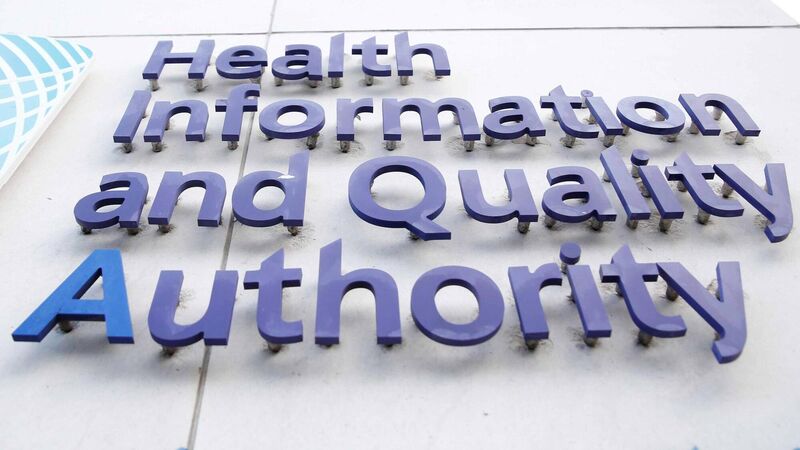Practices at centre for people with disabilities 'could be considered institutional abuse'

The inspection report into the SVC-SDN centre was one of 31 published by Hiqa, many of which highlighted examples of good practice and conveyed a sense of residents being happy with where they lived. Picture: Sasko Lazarov/Photocall Ireland
Health watchdog Hiqa referred a centre for people with disabilities to the HSE's National Safeguarding Office over an "institutionalised approach" to care, elements of which it claimed "could be considered institutional abuse".
The centre, SVC-SDN, run by the Daughters of Charity Disability Support Services in Dublin 7, had 10 residents at the time of the inspection by the Health Information and Quality Authority (Hiqa).










